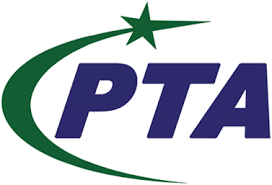Understanding Non-Compliant PTA
|
Getting your Trinity Audio player ready...
|
In the telecommunications sector, compliance with regulatory standards is crucial to ensure seamless network operations and security. The term non-compliant PTA refers to any device, network, or service that does not adhere to the guidelines set by the Pakistan Telecommunication Authority (PTA). These regulations are designed to ensure secure, reliable, and legally approved communication infrastructure across the country.
Devices that fail to meet PTA’s certification criteria may face service restrictions or even bans. This applies to imported mobile phones, communication equipment, or service providers operating without necessary approvals. The PTA monitors these violations to protect consumers from unauthorized or substandard technology, preventing security risks and network instability.
Non-compliant PTA devices or services can lead to network disruptions, security vulnerabilities, and financial penalties. Therefore, it is essential for individuals and businesses to ensure their telecom-related equipment meets PTA’s regulatory requirements.
Frequently Asked Questions (FAQs)
- What does non-compliant PTA mean?
It refers to any mobile device, telecom equipment, or service that has not been approved by the Pakistan Telecommunication Authority (PTA) and does not meet its regulatory standards. - What happens if I use a non-compliant device?
Devices that are not PTA-approved may face network restrictions, including blocked services or permanent disconnection. - How can I check if my phone is PTA compliant?
You can verify your device’s compliance by sending its IMEI number to 8484 via SMS or checking on the PTA’s official website. - Can a non-compliant phone be made compliant?
Yes, in most cases, you can register your phone with PTA by paying the required taxes and duties to obtain approval. - Why does PTA regulate telecom devices?
PTA enforces regulations to ensure network security, prevent illegal imports, and protect users from counterfeit or substandard devices.


